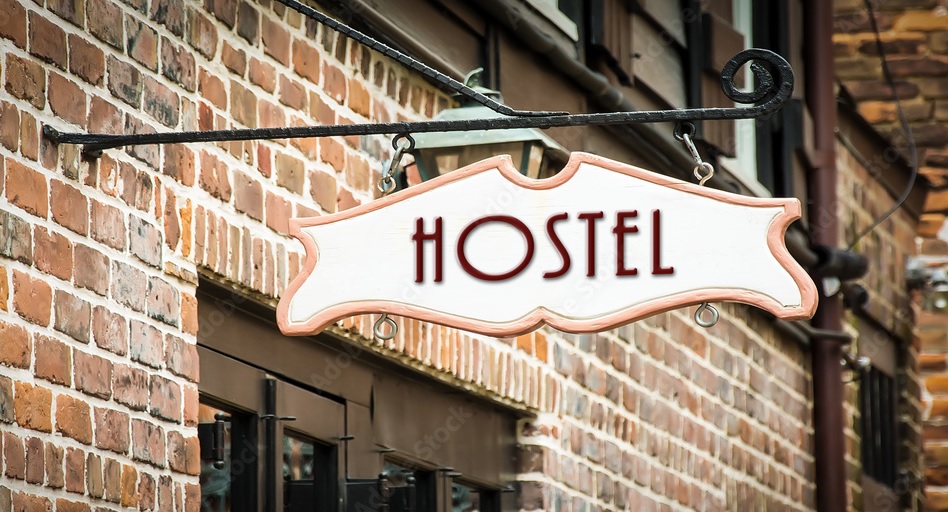
What is the hostel expenditure allowance? #
Employees kid’s educational-related expenses are many and one of them is their hostel expenditures. Hostel expenditure allowance is included in salary packages as a marginal relief for employees to get an exemption for their kid’s hostel expenses.
Hostel expenditure allowance is exempted as a fixed amount up to a maximum of 2 children for an employee. Unlike other allowance exemptions, it is not applied based on the actual expenditure. The total exemption under the hostel expenditure allowance can not exceed more than 7200 per year per employee and this will be restricted based on the actual allowance.
Hostel expenditure allowance paid to employees for their children’s hostel expenditure is exempted up to rupees 300 per month per child and up to a maximum of two, as per Section 10 (14) of the Income-tax Act, 1961, and any excess amount paid is fully taxable.
Hostel Expenditure Allowance (HEA) is an additional component of an employee’s salary that is paid to compensate for the expenses associated with living in a hostel or rented accommodation. In India, many companies provide HEA to their employees who are required to live in a hostel or rented accommodation for work purposes. This blog will provide an overview of Hostel Expenditure Allowance in the Indian payroll and its benefits.
Hostel Expenditure Allowance is an additional amount of money paid to employees who are required to live in a hostel or rented accommodation for work purposes. The allowance is designed to help employees cover the additional expenses associated with living in a hostel or rented accommodation. The amount of HEA varies depending on the city and the company policy.
Benefits of Hostel Expenditure Allowance: #
There are several benefits of providing Hostel Expenditure Allowance to employees. Some of the key benefits include:
Cost of Living: Living in a hostel or rented accommodation can be expensive, especially in metropolitan cities. Providing HEA helps to offset some of the additional expenses associated with living in these accommodations, such as rent, food, and utility bills.
Employee Morale: Employees who receive HEA tend to feel more valued and appreciated by their employers. This can help to boost employee morale and job satisfaction.
Tax Benefits: Hostel Expenditure Allowance is considered a tax-free component of an employee’s salary. This means that neither the employee nor the employer has to pay taxes on the HEA amount.
Compliance: Providing HEA can help employers to ensure compliance with industry standards and regulations. Certain industries, such as hospitality and healthcare, require employees to live in hostels or rented accommodations. Providing HEA helps to attract and retain qualified employees for these positions.
Hostel Expenditure Allowance Policy: #
Employers who choose to provide Hostel Expenditure Allowance should have a clear policy in place outlining the terms and conditions of the allowance. This policy should include details such as:
The amount of the Hostel Expenditure Allowance
The eligibility criteria for receiving the allowance
The types of accommodations covered by the allowance
The process for requesting and receiving the allowance
The consequences of misuse of the allowance
Conclusion: #
In summary, providing Hostel Expenditure Allowance can be beneficial for both employers and employees. It can help to offset the additional expenses associated with living in a hostel or rented accommodation, boost employee morale and job satisfaction, and ensure compliance with industry regulations. Employers who choose to provide Hostel Expenditure Allowance should have a clear policy in place outlining the terms and conditions of the allowance to avoid any misunderstandings or misuse of the allowance.




